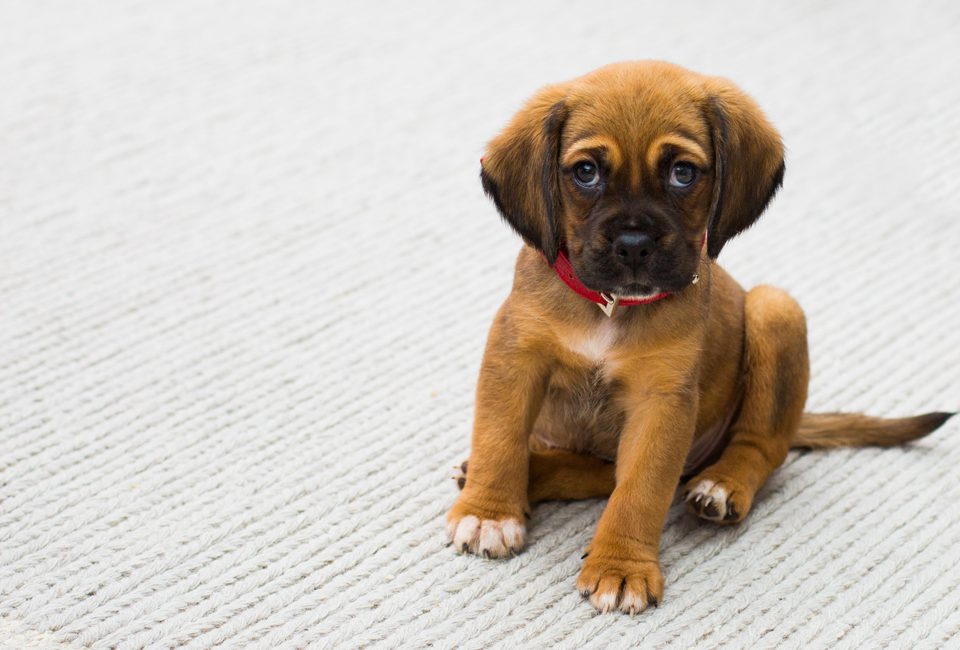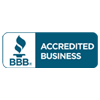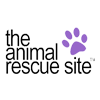So you’ve made the decision that you and your family are finally ready to get a new puppy. Getting a new puppy is as fun, as it is hard work. Puppies, despite being one of the cutest things on earth that can also bring a whole bunch of happiness into your life, take a lot of time and commitment to care for. So before you go out and adopt or buy a new puppy, there are some important things to keep in mind ( more than just what his or her name will be). Find out how you can get your home, your family, and yourself ready for all the love and work that comes when taking care of a brand new puppy.
Choosing A Puppy
 There are a few questions you will want to ask yourself before choosing a puppy to bring home. These include:
There are a few questions you will want to ask yourself before choosing a puppy to bring home. These include:
- Can you afford to take care of the puppy? Some dogs can cost anywhere from $600 to $1000 per year. This doesn’t include the initial cost of adopting him from a shelter or purchasing the puppy from a pet store and possible health issues. Make sure you can afford proper care, food, and vet costs for your growing puppy.
- Do you have any children? If you have children you’ll want a puppy that is from a breed that tends to be more “kid friendly”. You can find a list of the most popular kid friendly dogs, here.
- Do you spend a lot of time at home or does your job take you away from home often? Even if you don’t spend a ton of time at home, that doesn’t mean you shouldn’t get a puppy. Contact your trusted local petsitter, like Queen City Petsitting, to make sure that Fido has some playtime even when you’re not there.
- Do you have enough space in your home or yard for your new puppy? Puppies need a lot of space to run and play, even smaller breeds. If you lived in a cramped city apartment, you will need to make sure to take your new puppy on walks for at least thirty minutes, once a day.
So you answered all the above questions honestly and have settled on the perfect puppy for your home, now what will you call him? Choosing your puppy’s name is a big decision, since you’ll be calling him that for the rest of his life. Your puppy’s name should be as unique as he or she is, but still simple to say and easy enough for them to understand. Here, you can find some name suggestions to help you to choose the best name for your new puppy.
Puppy-Proof Your Home
 Before you bring the little ball of fluff (or wrinkles) home, you need to first make sure that it has been “puppy-proofed”. Puppies, much like toddlers, are an adventurous bunch and tend to get into things that are not good for them. Make sure to remove any hazardous items like electrical cords, breakable items, and toxins out of puppy’s reach. If you need to keep your new puppy out of certain rooms in your home, be prepared to spend a little extra dough on baby or pet gates.
Before you bring the little ball of fluff (or wrinkles) home, you need to first make sure that it has been “puppy-proofed”. Puppies, much like toddlers, are an adventurous bunch and tend to get into things that are not good for them. Make sure to remove any hazardous items like electrical cords, breakable items, and toxins out of puppy’s reach. If you need to keep your new puppy out of certain rooms in your home, be prepared to spend a little extra dough on baby or pet gates.
Puppy Essentials
When bringing a new puppy home, there are some essential items that need to be purchased. How much you spend on these items is up to you. With that in mind, remember that items such as collars and kennels, may need to be replaced as your puppy grows towards adulthood. Some puppy essentials to have in your home before the cuddly guy arrives are:
- A leash and a collar
- ID Tag
- Food and water bowls
- Chew toys and treats for training
- Food
Puppy Food
When choosing food for your puppy make sure to do your research before deciding on a brand. Asking your vet and your local pet professionals is always a great option, but there is some good information on the internet as well. Some basics when choosing food for your puppy are; making sure that your new pup enjoys eating it, the food has the proper nutrition for his growing needs, and that the ingredients are wholesome.
Puppy Health
 Keeping your new puppy healthy is now your responsibility, so you will need to find a trusted veterinarian to take him to, as well as keeping him up to date on his vaccines and getting him or her neutered or spayed. Usually within the first six months to a year of your puppy’s life is when you will be visiting the vet the most often. Make sure that when you take your furry friend to the Vet, that is a good experience. You can do this by providing a calm atmosphere, bringing a favorite chew toy, treats, and making sure to give extra cuddles both before, and after the visit. At your initial visit your vet will be able to see if your puppy is at risk for any potential health problems or issues you should keep an eye out for.
Keeping your new puppy healthy is now your responsibility, so you will need to find a trusted veterinarian to take him to, as well as keeping him up to date on his vaccines and getting him or her neutered or spayed. Usually within the first six months to a year of your puppy’s life is when you will be visiting the vet the most often. Make sure that when you take your furry friend to the Vet, that is a good experience. You can do this by providing a calm atmosphere, bringing a favorite chew toy, treats, and making sure to give extra cuddles both before, and after the visit. At your initial visit your vet will be able to see if your puppy is at risk for any potential health problems or issues you should keep an eye out for.
Potty Training Your Pooch
You should begin potty training or “house training” your pooch as soon as you get home. Most puppies around 12 weeks old or younger are not able to hold their bladders very long, so extra time and patience will be needed for your puppy when first starting potty training. After your puppy is done eating or drinking, you need to take her to the designated “potty spot” until they learn to go on their own. Some puppies become house trained quicker than others. If you are worried about your pooch needing extra training beyond house training, many cities offer obedience training, which is a great way for your pup to socialize. Puppies that get a good foundation for basic are much happier and confident dogs. Speak to a pet professional or a vet near, you to get more information on enrolling your puppy into obedience school.
And They Called It Puppy Love
One of the most important things that you can provide your new puppy with is a loving home that’s never short on cuddles or belly rubs. Creating a bond with your puppy is one of the best things you can do, dogs aren’t called “man’s best friend” for nothing. Easy ways to bond with your new friend are by playing, grooming, training, affection, and engaging in other activities. Make sure that your new puppy knows that they are a vital part of your family and you’ll be providing the best care that a puppy can get.




